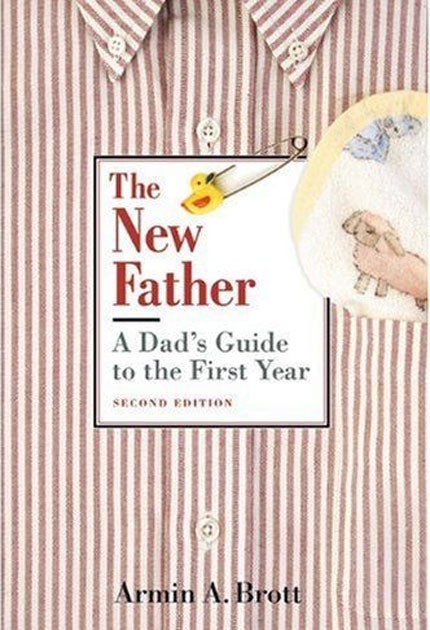The Reading List: Fatherhood

Fiction
To Kill A Mockingbird by Harper Lee; £6.99
Has there been a more inspiring father in fiction than Atticus Finch? Widowed, raising two young children on his own, all the while working as a fair and brilliant lawyer, Finch became a powerful symbol of new masculinity when the book was published in 1960. While the tale of a black man wrongly accused of raping a white woman highlighted racial inequality in the Deep South, readers continue to be moved by the valuable lessons about courage and compassion that a father teaches his children.
Manual
The New Father: A Dad's Guide to the First Year by Armin Brott; £12.99
This is an essential guide to the often bewildering first year of fatherhood. With warmth, sensitivity and wit, experts and researchers tell how to chart your baby's development, juggle your work and home life and deal with the changing relationship with your partner.
Poetry
Death of a Naturalist by Seamus Heaney; £9.99
Heaney's 1966 collection of poems concerns itself with childhood and the formulation of adult identity. He writes vividly about his father, a man he was in awe of as a child. Among them you'll find the classics "Digging" and "Follower", both of which poignantly examine Heaney's relationship with his father.
Memoir
Dreams From My Father by Barack Obama; £8.99
Written in 1995, when the future President was preparing to launch his political career, this memoir is a striking account of coming to terms with one's identity. The son of a black African father and a white American mother, Obama's parents split up when he was two years old. Obama Sr returned to Africa and his son only saw him once again. With the help of tales from his family and an emotional trip to Kenya, Obama is able to form an image of his father.
Play
King Lear by William Shakespeare; £7.99
When King Lear decides to divide his realm between his three daughters, his youngest refuses to participate and is promptly banished from the kingdom, leaving the King dependent on her scheming sisters. "How sharper than a serpent's tooth it is/ To have a thankless child," observes Lear. The tragedy raises questions about the notion of unconditional love and sacrifice.
Join our commenting forum
Join thought-provoking conversations, follow other Independent readers and see their replies
Comments
Bookmark popover
Removed from bookmarks